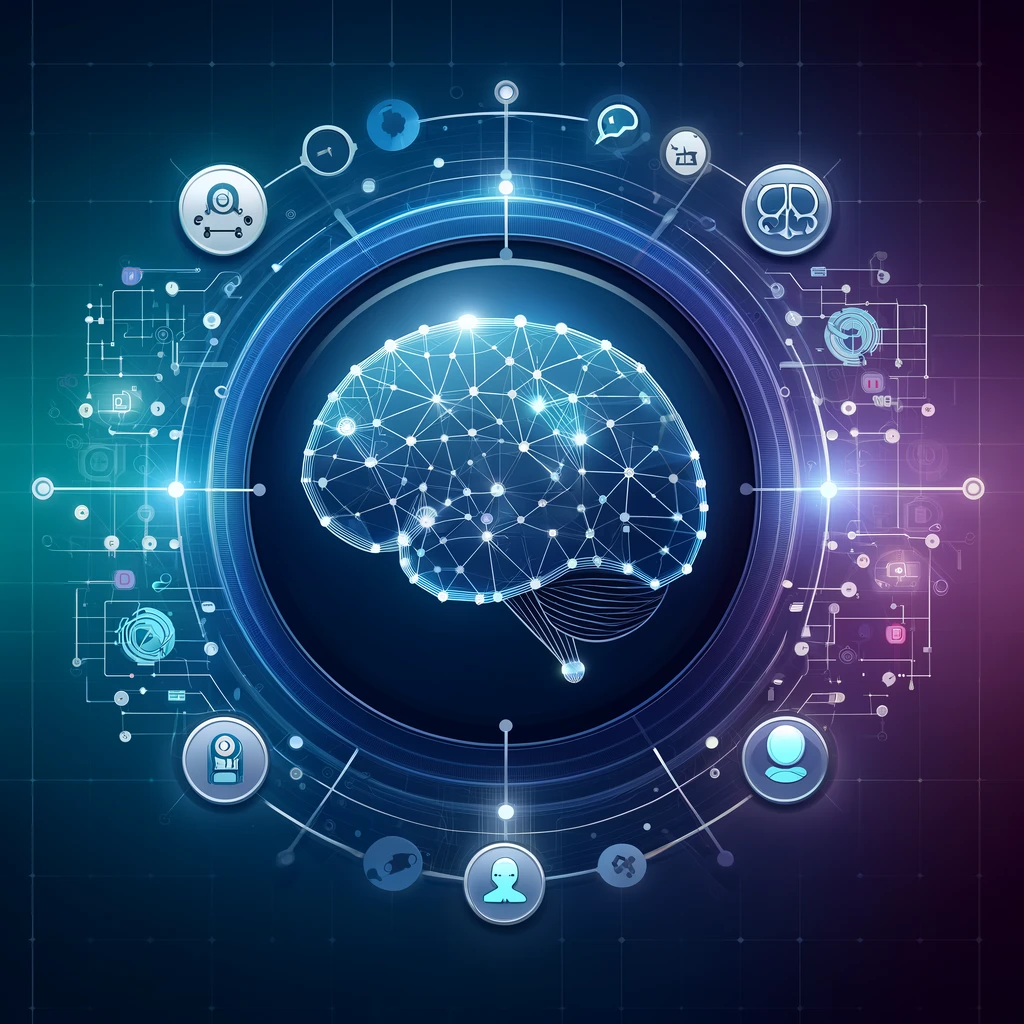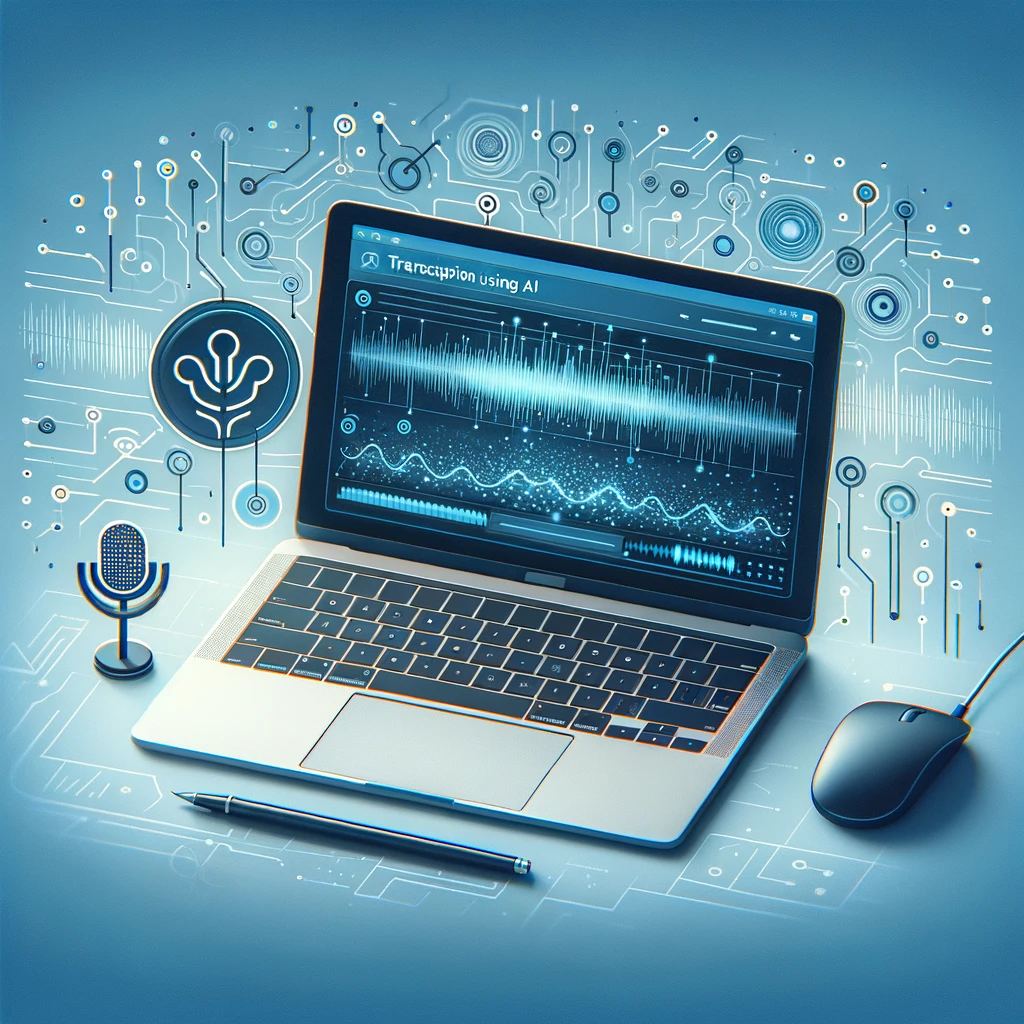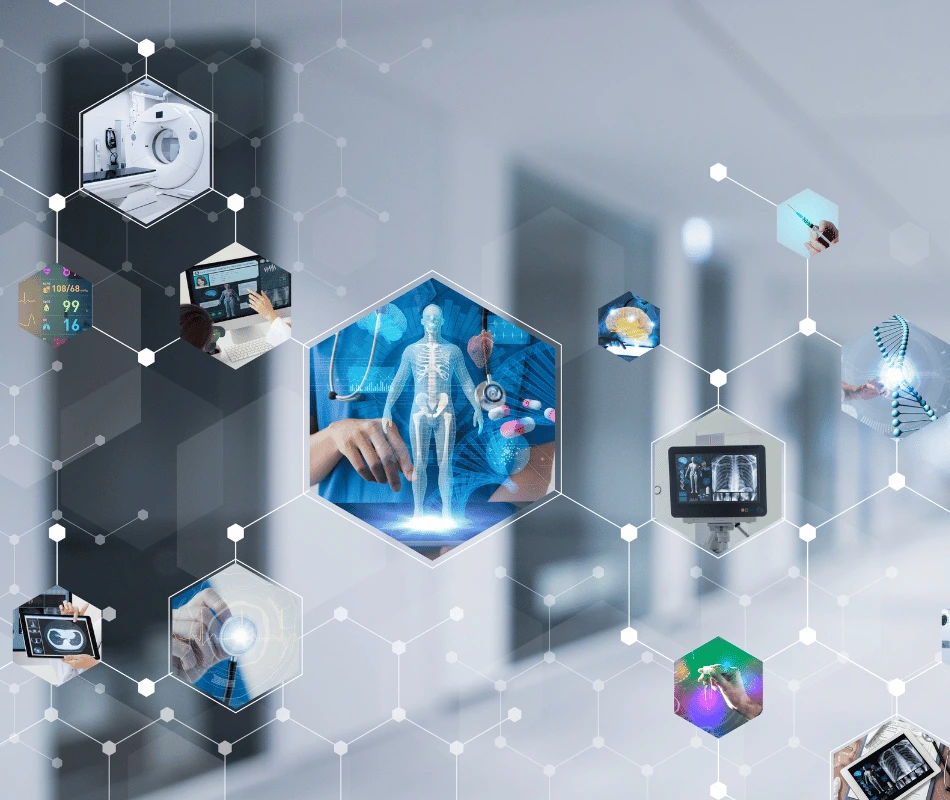In today’s era, artificial intelligence is one of the most striking and significant areas of development in various aspects of our lives. Books are an important guide to understanding this complex and evolving area. This is aimed at understanding how artificial intelligence works and its impact on our future. In this context, we will present you in this article the most important 7 books on AI, which offer valuable insights, concepts, and research, highlighting the future of this rapidly evolving field.

1. In A World Without Work
It is a book by Daniel Susskind. This book discusses the future of work and the expected unemployment rate. In light of the accelerated development of artificial intelligence. How business automation using artificial intelligence capabilities will lead to radical changes in the world of jobs and business. The book can be divided into three main parts.
The book begins by talking about automation and artificial intelligence. How they will change the business sector, whether it be routines or specialized works that require high accuracy. In Part II, after proving how AI will replace humans. Writer Daniel discusses the social and economic impacts of unemployment, due to replacing humans in jobs. In the latter part, Daniel highlights the most important solutions he can take to meet the challenges. These challenges are posed by a world without work, and how we can confront the control of AI. And its replacement of humans in the workplace. This book is one of the most important in the world of technology. The writer predicts the future of the world besides artificial intelligence and provides proven evidence for his ideas.
You can access the book here: click here.
2. The Alignment Problem
The book “The Problem of Alignment” provides insight into the most
prominent challenges facing humans in the evolving age of AI. According to
Brian Christian, one of the most important problems is ensuring compatibility
between human values and AI goals. It is the problem he calls the “alignment
problem”. In the first section, the writer highlights the problem that AI
can cause if its goals are not aligned with our human values and existence.
The following section explains the main challenges. Such as the difficulty
of arriving at a clear definition of human values, and how to entrench these
values when manufacturing machines. In the last part of the book, the book
offers some solutions that can be implemented. This aims to avoid the
challenges of AI, and Brian argues that there is no definitive solution to the
problem of alignment. However, researchers and international organizations must
collaborate to avoid artificial intelligence dominating the world.
You can access the book here: click here.
3. Rebooting AI
With this book, renowned writer Gary Marcus discusses the current course of
artificial intelligence. What humanity’s future might look like if we go along
this path? So, writer Gary discusses the weaknesses and strengths of AI. It
brainstorms how to reboot this technology to ensure that people benefit better
from it without threatening their future. So, in this book, you can get a
comprehensive summary of AI history. In addition to the strengths and
weaknesses that accompany it in every generation of evolution. In addition to
understanding how it affects different aspects of life if it is not restarted
properly. And the importance of AI ethics in getting a future where II serves
humans rather than replacing them.
You can access the book here: click here.
4. Four Futures
It is the greatest book artificial intelligence book for the future, in
which writer Peter Diamandis and writer Stephen Cottler present four scenarios
to describe the future of artificial intelligence with four possible insights.
It is the first book to create a realistic landscape for the world’s future
with rapid technological development. These scenarios include four cases. In
the first, the writer imagines that all people have the advantages of
technology and get all the food, clothing, and health care they wish for thanks
to technological advances.
In the second scenario, the writer charts a future in which artificial
intelligence becomes more capable than and smarter than humans, leading to
radical changes in human life that may not be satisfactory. In the third
scenario, the writer describes a divided society, with a high unemployment rate
offset by a proportion of extremely wealthy financiers. In the latter scenario,
the writer presents a scene in which people are equal and social justice is
achieved thanks to the right use of artificial intelligence. So the writer
wants to show us how the capabilities of the machine and the right use of it
can make a beautiful future for everyone.
You can access the book here: click here.
5. Beginners Guide to AI (Artificial Intelligence))
It is a book by Martin Gardner, dedicated exclusively to beginners in the field of artificial intelligence. In addition to those who want to learn about this science without having any technical background. Thus, the book offers a comprehensive idea of AI technology philosophically and simply, as well as introduces the most important applications in this field. The book is divided into 12 chapters, in the first Martin talks about what AI is, and in the second he gives a snapshot of his history. The rest then describe the role of artificial intelligence in practical applications. Like chess games, robots, etc. The final part of this AI book focuses on the future the writer sees for industrial intelligence.
You can access the book here: click here.
6. The Man Who Would Teach Machines to Think
This AI book is a biography of the scientist Alan Turing by Andrew Hodges. He describes his life story as well as his most important achievements. From life, childhood to death. In addition to focusing on its most important scientific achievements and contributions in the field of technology and artificial intelligence, the writer focuses on Alan Turing’s work in deciphering during the Second World War. In addition to his work on the development of the Turing test. It is a test suggested by Alan Turing to determine whether a machine can exhibit intelligence equivalent to human intelligence. Turing then related to the development of technical computers, and finally the story of his suicide and death.
You can access the book here: click here.
7. Genius Makers
It is a great book for positive motivation. Where writer David Schenck takes us on a historic journey to understand the source of creativity. We talk about the environmental and social factors that have historically created geniuses in various fields. These fields include: science, literature, and the arts. It thus gives us a broad understanding of man’s access to the machines invention. In addition to AI to change the world’s geniuses over time. David proves through his historical theories and documents how genius and creativity are not the preserve of a certain class of people. “Genius is not just an innate talent,” he says. And how the surroundings and the desire of man have a wide ability to make geniuses.
You can access the book here: click here.
In conclusion, we recognize that artificial intelligence books are not just sources of knowledge acquisition. They are important facilities for exploring this complex and evolving area. These books provide us with a deep vision and innovative concepts. This help us understand the evolution of technology and its impact on our lives and our future. Thus, our deep reading of these books can give us the tools to shape the future of AI. This in addition to its multiple applications in various fields.


